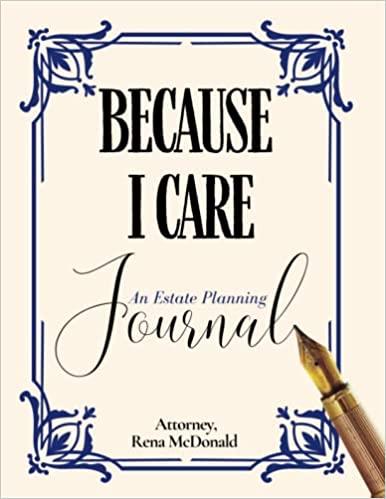Many civil and criminal cases end in disaster because of what someone has posted on social media. Social media can be a great tool when used appropriately, but the truth is not everyone knows what is appropriate for sharing. When you are involved in a legal battle, most of what you normally post on Facebook, Instagram, Twitter, etc., is inappropriate and could sink your case. This is a quick list of what not to do with your social media accounts when you are engaged in a legal battle.
- Think twice about what you are about to post. The pictures and messages or comments between individuals can be shared and held against you in a court of law.
- A major problem that the courts see are individuals trying to contact jury members or Judges via social media. Not only can this damage your case but it can be held against you.
- There should be no mention of settlement agreements on social media. Social media is a public platform used to communicate with individuals all around the world.
- Most settlement agreements contain a confidentiality clause requiring the parties to keep the terms of the settlement confidential. If you or someone that you have told about the settlement posts the terms of the settlement then you have breached the agreement – this means that you may have to turn over all of your settlement funds and pay damages.
- Lastly, we want to discuss one’s behavior and actions during the process of a settlement. If you have retained counsel and are in the middle of negotiations with the opposing party, you should contact your attorney before you ‘clean up’ your social media accounts. This can be viewed as evidence tampering and can be held against you in court.







